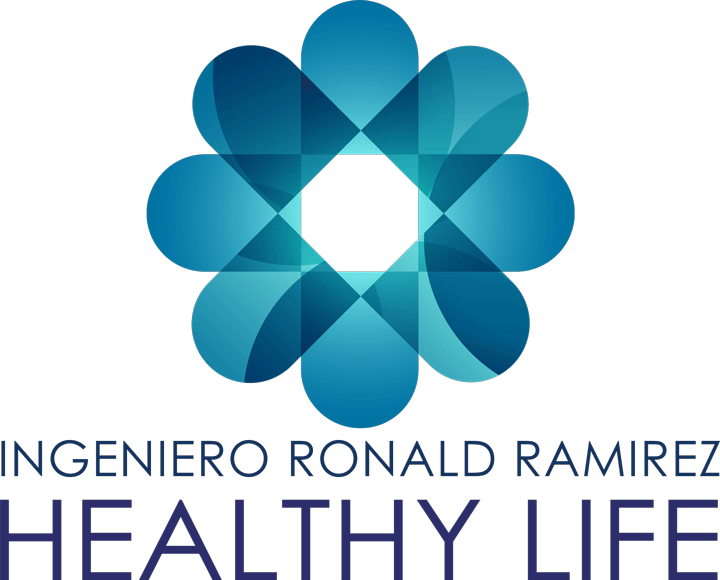
Millions of people are affected by hiatal hernia worldwide. A lot of the time, symptoms are not overtly visible in every person. In a hiatal hernia, an organ or a tissue of the stomach tries to protrude through an opening in the diaphragm and into the chest cavity. Though hiatal hernia is not a serious condition, the occurrence of severe symptoms can cause major health issues if left untreated. While seeking an endoscopic or robotic hernia surgery in Dallas or Fort Worth or anywhere in the world, consult a reputable hernia or general surgeon. But before that, check out the blog for an overview of hiatal hernia including symptoms and treatment.
Symptoms
These are the most common symptoms in hiatal hernia patients.
- Heartburn: You may feel a burning sensation in the chest that can be aggravated by lying down or bending over.
- Chest pain: Some people with hiatal hernia may experience chest pain that can be mistaken for a heart attack.
- Difficulty swallowing: When the hernia is large, it can cause difficulty swallowing.
- Belching: Some people with hiatal hernias may experience excessive belching.
- Reflux: In hiatal hernia, stomach acid flows back into the esophagus, which can cause reflux symptoms such as regurgitation, and a sour taste in the mouth.
Causes and risk factors
Some of the possible causes of hiatal surgery could be:
- Weakness in the diaphragm: A weak diaphragm quite often invites a hiatal hernia.
- Increased pressure in the abdomen: Conditions like pregnancy, constipation, persistent coughing, and vomiting increases pressure in the abdominal cavity which can cause hiatal hernia.
- Age: As people grow older, their diaphragm weakens, which increases the chances of hiatal hernia.
- Genetics: Some people are likely to develop hiatal hernia due to genetics.
- Trauma: Any trauma to the abdomen (a rare scenario) like a severe blow to the abdomen area, can cause a hiatal hernia.
The risk factors of hiatal hernia include:
- Smoking
- Obesity
- Aging
Diagnosis
The following are usually the processes used by doctors to confirm hiatal hernia diagnosis:
- Medical history: The doctor examines your symptoms and medical history, including any family history of a hiatal hernia.
- Imaging tests: X-rays, CT scans, or MRI scans are used to confirm the presence of a hiatal hernia and determine its size and location.
- Endoscopy: Endoscopy helps in detecting inflammation, irritation, or other abnormalities that may be caused by a hiatal hernia.
- pH monitoring: pH monitoring is a test that measures the amount of acid in the esophagus over some time, usually 24 hours. This test can help determine if acid reflux is a symptom of a hiatal hernia.
Treatment
Not every person who has developed a hiatal hernia needs medical treatment. The surgery depends on the severity of the symptoms and condition. Here are some of the treatment options a doctor recommends.
- Lifestyle changes: Mild cases of hiatal hernia may be managed with lifestyle changes, such as losing weight (if one is overweight), avoiding large meals, eating slowly, avoiding lying down after meals, and elevating the head of your bed while sleeping.
- Medications: Medications are enough for treating mild symptoms and slight discomfort.
- Surgery: People who experience severe discomfort and pain in their hiatal hernia require immediate surgery from a leading surgeon. People looking for hernia surgery in Dallas, Texas, can consult a leading and experienced general surgeon who performs minimally invasive surgeries with laparoscopic techniques and assures guaranteed results.
- Endoscopic procedures: Depending on the type of hernia, endoscopic procedures may be used to treat hiatal hernia. This involves stitches to tighten the opening in the diaphragm, or radiofrequency ablation to shrink the tissue around the opening.
Diet changes recommended after hiatal hernia surgery
Diet changes may be recommended as part of the treatment plan for hiatal hernia, especially if acid reflux is a symptom. Here are some dietary guidelines that may be recommended:
- Avoid trigger foods – Certain foods can trigger acid reflux and should be avoided or limited, including spicy, fatty, and fried foods, caffeine, alcohol, chocolate, and citrus fruits.
- Eat smaller, more frequent meals to avoid any pressure on the stomach.
- Eat slowly and chew food thoroughly to reduce the amount of air that is swallowed.
- After your meal, wait for at least 2-3 hours before lying down or ensure the stomach is empty before going to bed.
- Elevate the head of your bed by 6-8 inches to minimize acid reflux.
- Maintain a healthy weight with healthy diet along with exercise
Conclusion
People with hiatal hernias can live a comfortable and healthy life with proper management and care. Many people may be asymptomatic of the hernia, however, when facing any discomfort or pain in the abdomen, it is advisable to get it checked with the doctor immediately. Dallas residents noticing any of the above-mentioned symptoms can make an appointment for a hernia consultation and surgery in Dallas, Texas with a reputable DFW general surgeon. While looking for a reputable and experienced general surgeon for hiatal hernia surgery in Dallas or anywhere, go for a minimally invasive surgery that doesn’t have a long prognosis. Whichever method you will choose after consulting, it is better to consult an experienced surgeon for the best results.


